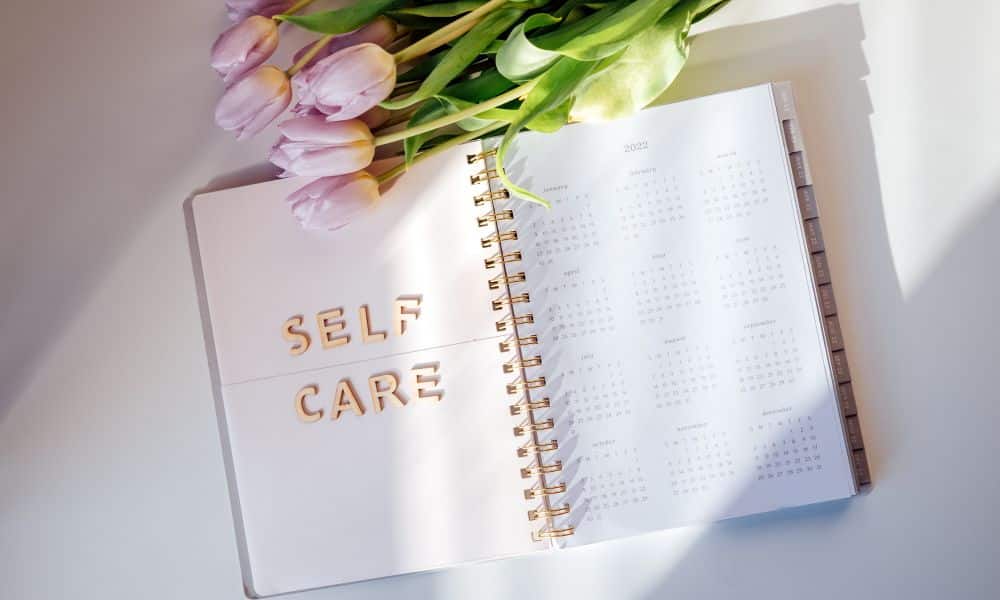Are you searching for self-care techniques for your whole family? As an adult, you might often feel busy and harried. And if you’re stressed out, there’s a good chance your children are picking up on it. It’s easy to assume that only adults need to practice self-care to balance their many responsibilities. But the truth is that self-care can be a family activity. Emphasizing self-care can benefit your whole household!
Whether you want to encourage your children to exercise with TF Clark Fitness and Health Magazine tips or you’re interested in teaching them about gratitude, these ideas and more make excellent forms of family-friendly self-care. Here’s how to incorporate self-care into your family’s lifestyle!

Create a Healthier Home Environment
Your family might feel stressed or irritated if your home is cluttered, messy, and disorganized. Living in a space in desperate need of tidying can negatively influence your mental health and mindset, which applies to adults and children alike. Conversely, cleaning your home and rearranging rooms that feel cramped can positively impact everyone’s mood!
First, you’ll want to begin by decluttering every room. Then, have your kids pitch in when it’s time to go through their rooms! They can pick out items they no longer need, and you can donate them or toss them. Once you’ve cleared out items you don’t use anymore, you can add some decor that brightens up your home, like houseplants. Next, try an essential oil diffuser to make each room smell great. Finally, improve your home’s lighting by adding new floor lamps or reading lamps and opening the blinds more often.
Set a Great Example
If your children don’t see you practicing self-care, they may not come to understand why these habits are so essential. Therefore, remember that the change in your household must start with you. Talk to your kids about what you do to support your mental health, whether running in the morning before work, turning off your screens and reading before bed, or writing in a journal.
Discuss why mental and physical health goes hand in hand and why one isn’t necessarily more important than the other. Let your kids know if they’re ever struggling with their mental health, they can talk to you about it. Opening up about their emotions at home is crucial for your kids’ well-being.

Spend More Time Outdoors
Spending lots of time outside definitely qualifies as self-care for children and adults! If your family has been spending most of your time indoors recently, it might be time to change your routine and head out into nature for some adventures. You could pack up your car for a road trip to the beach, lace up your sneakers for a day of hiking, or head to your nearest playground and let your kids get some fresh air!
By spending more time outside, your kids will naturally get more exercise. But if it’s chilly where you live or dealing with a long string of rainy days, you can teach your children some kid-friendly exercises at home, like push-ups, burpees, inchworms, and bear crawl.
Read With Your Children
You can spark a life-long passion by cultivating a love of reading within your children. Whether you have toddlers or school-age children, reading to your kids is a great self-care pastime! To engage your children while reading to them, Super Simple recommends discussing the cover first and asking your kids questions about the story while you read.
What if your kids are a little too old to read aloud? You could always pick a book to read independently and discuss it together. Why not take a trip to your local library to see what you find on the shelves?

Encourage Gratitude
As a child (and as an adult), it can be hard not to compare yourself to others – no matter how old you are, it’s too easy to focus on what other people have rather than being grateful for all the positive things in your life. You can start teaching your child about gratitude and expressing thanks. For example, you might want to ask your children to share one thing they were grateful for each night at dinner. If your children are older, you could encourage them to keep a gratitude journal and make lists of everything they’re thankful for.
Age-Appropriate Meditation
Perhaps you’ve tried meditation and found it helpful for your mental health, but you doubt that your children would be able to sit still long enough to meditate. Well, you might be surprised! Many meditation techniques make it easier to teach kids about mindfulness. For example, Mind-Body Green recommends teaching your children the “heartbeat exercise.” First, have your kids jump up and down for one minute, then tell them to sit down and place their hands on their hearts for one minute. Next, instruct your kids to close their eyes and breathe deeply, and after the minute is up, ask how they felt.

Baking and Cooking
Baking and cooking aren’t just excellent life skills; these activities are also ways to engage in self-care as a family! Kids tend to want to help in the kitchen, and you can make it possible by giving them age-appropriate jobs, like measuring out certain ingredients, cleaning up, or adding ingredients when you give them the green light. Then, of course, taste-testing the finished product is the best part! Cooking and baking can be very relaxing, creative activities for your family.
The Last Word on 7 Self-Care Techniques for Your Whole Family
Stress and anxiety can affect anyone, regardless of age. That’s why it’s essential to start teaching your kids about self-care when they’re young to take these lessons into adulthood. With these suggestions, you’ll be able to put self-care at the core of your family’s routines.
Want to get fit together as a family? Check out the resources from TF Clark Fitness and Health Magazine! Browse the blog today and find fitness tips for all ages.




